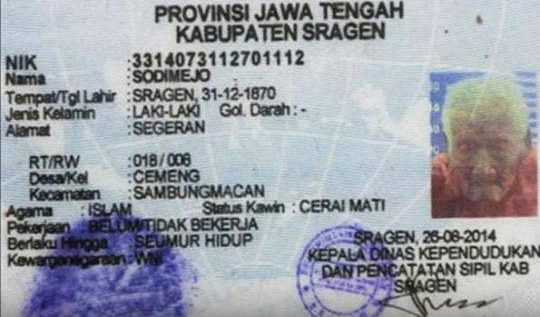New delhi, Jun 22: As consumer sentiment runs high amid growing chorus for boycotting Chinese goods in the country, the fluid market situation offers new opportunities for various smartphone makers, especially the non-Chinese ones like Samsung, Apple, Nokia, Asus and others, to realign their strategies and regain the lost market share in the face of fierce Chinese competition.
The challenge here would be not to look "opportunistic" and leverage the current explosive situation on just riding on the anti-Chinese sentiment but to offer real challenges in the form of top-end devices with solid internals at affordable price points, feel industry experts.
"The current market conditions in India are fluid and open up new opportunities for smartphone original equipment manufacturers (OEMs) to focus and leverage," Prabhu Ram, Head-Industry Intelligence Group, CyberMedia Research (CMR), told IANS.
In the first quarter (January-March) this year, Samsung's shipments were driven by its upgraded A and M series (A51, A20s, A30s, and M30s).
According to Counterpoint Research, Samsung managed to hold third position in Q1 2020 due to launches across several price tiers, especially in the affordable premium segment (S10 Lite, Note 10 Lite).
The South Korean smartphone maker last week announced a Rs 4,000 price drop on its popular Galaxy Note10 Lite smartphone that will now cost Rs 37,999 (6GB variant).
Earlier this month, Samsung launched two new smartphones, Galaxy M11 and Galaxy M01, with powerful batteries under Rs 15,000 in India.
Galaxy M11 comes in two variants. The 3GB+32GB will be priced at Rs 10,999 while the higher 4GB+64GB variant will be available for Rs 12,999.
Samsung has also launched an affordable Galaxy A21s smartphone with quad-camera system and 5,000mAh battery at a starting price of Rs 16,499.
Also read: Boycott China? OnePlus 8 Pro sold out within minutes of going on sale
On the other hand, Apple grew a strong 78 per cent YoY driven by strong shipments of iPhone 11 and multiple discounts on platforms like Flipkart and Amazon in Q1, according to Counterpoint.
Apple has also brought its cheapest yet powerful new iPhone SE that costs Rs 38,900 (64GB) in India with a special offer from HDFC Bank. The new iPhone SE is powered by the Apple-designed A13 Bionic, the fastest chip in a smartphone and features the best single-camera system ever in an iPhone.
According to Tarun Pathak, Associate Director, Counterpoint Research, consumer sentiments are running high and a section of users will look for alternatives, benefitting global and Indian brands.
"However, we do not think non-Chinese brands will run aggressive campaigns based on the situation as it might look like being opportunistic," Pathak told media.
It may actually let brands of Chinese origin try to run aggressive campaigns on their presence and scale.
"Some of these Chinese brands have been active in scaling up local value addition, creating jobs and investing in research and development," Pathak noted.
On Saturday, market leader Xiaomi said that it is "more Indian" than any other smartphone brand.
The company's India head Manu Kumar Jain said that the company's mobile phone R&D centre and product team is in India, it employs 50,000 people in the country, the entire leadership team is Indian and that the company pays its taxes in India.
Earlier, Realme India CEO Madhav Sheth who is also very active on social media said that Realme is an Indian startup.
In his latest episode of Ask Madhav' series on YouTube, Sheth said: "I can proudly say Realme is an Indian startup, which is now a global MNC (multinational corporation)".







Comments
Add new comment